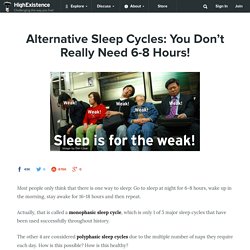

Elementary Particle Explorer. Annie Murphy Paul: What we learn before we're born. Astrology Scope. Solar System Scope. 'Tis better to give than to receive? Life scientists find that giving support offers health benefits. Providing support to a loved one offers benefits to the giver, not just the recipient, a new brain-imaging study by UCLA life scientists reveals.

"When people talk about the ways in which social support is good for our health, they typically assume that the benefits of social support come from the support we receive from others, but it now seems likely that some of the health benefits of social support actually come from the support we provide to others," said Naomi Eisenberger, a UCLA assistant professor of psychology and the senior author of the study, published in the online edition of Psychosomatic Medicine, a peer-reviewed health psychology journal. Eisenberger and UCLA psychology graduate student Tristen Inagaki studied 20 young heterosexual couples in good relationships at UCLA's Ahmanson-Lovelace Brain Mapping Center. "One of these regions, the ventral striatum, is typically active in response to simple rewards like chocolate, sex and money," Eisenberger said. Paul Zak: Trust, morality - and oxytocin.
Ed Boyden: A light switch for neurons. Alternate Sleep Cycles. Most people only think that there is one way to sleep: Go to sleep at night for 6-8 hours, wake up in the morning, stay awake for 16-18 hours and then repeat.

Actually, that is called a monophasic sleep cycle, which is only 1 of 5 major sleep cycles that have been used successfully throughout history. The other 4 are considered polyphasic sleep cycles due to the multiple number of naps they require each day. How is this possible? How is this healthy? Video. The Scale of the Universe. Video. Video.